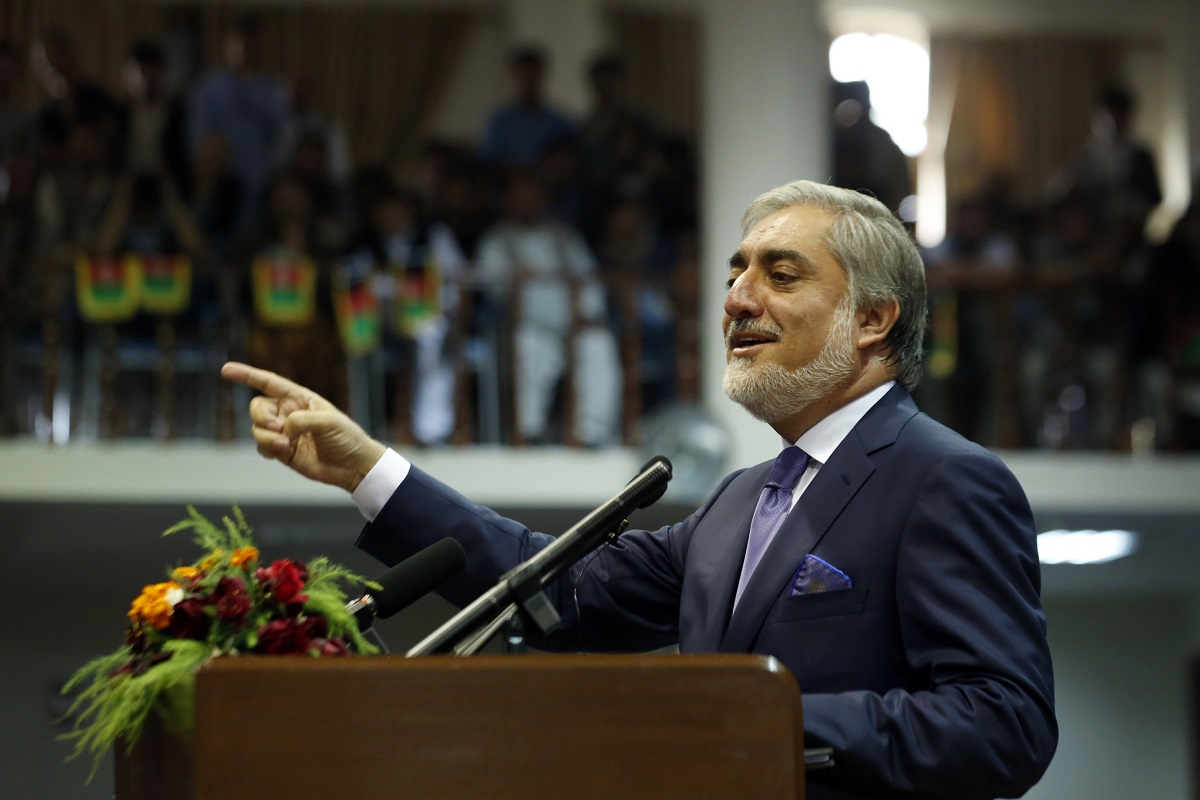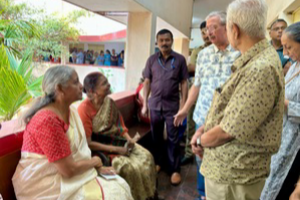Pakistan’s peace overtures to India over the past month have less to do with a sudden desire on the part of the radicalised political-military establishment in that country to seek mutual bliss points and more a function of American pressure on Islamabad to focus all its resources on its western border with Afghanistan.
For, US President Joe Biden has a big decision to make come May when the deadline for the withdrawal of American troops from Afghanistan as agreed in the Doha deal comes into effect, and Washington is keen to ensure all stakeholders are on board.
The significance of Indian Foreign Minister S Jaishankar’s stand articulated at the Heart of Asia Istanbul Process (HoA-IP) on Afghanistan in Dushanbe, Tajikistan, needs to be seen against this backdrop.
Emphasising the need for a “stable” Afghanistan as the bedrock of regional peace, Mr Jaishankar on Tuesday iterated the collective imperative for all stakeholders within and around the conflict-ridden country to work towards creating an Afghanistan free of terrorism, extremist ideology, and drug-criminal syndicates.
To this end, his “double peace” formulation – that is, peace within Afghanistan and peace around Afghanistan – which requires harmonising the interests of all, both within and around that country, is the key. On the domestic front, at the heart of the matter is a fundamental dichotomy ~ neither Afghan President Ashraf Ghani’s civilian administration nor the Taliban rebels considers the other legitimate.
Yet, in a multi-ethnic nation such as Afghanistan where all other types of autocracy have failed, a democratic and decentralised system of governance is perhaps the only remaining option, argue some scholars. It may also be the only idea that both Mr Ghani and the Taliban could accept.
Such a power-sharing concept is not new, but it is being pushed assiduously by the Biden Administration as it seeks the formation of a broad-based coalition government. It would appear counterintuitive that those who took Afghanistan back to the Stone Age in the 1990s, protected the perpetrators of 9/11, and remain umbilically tied to Al-Qaida will voluntarily form a new interim government with elements of President Ghani’s administration or other Afghan political and civil society leaders at precisely the moment when the US may be ready to leave. But Mr Biden’s policy does sound better than another 20 years of war. The way of going about implementing it, however, is the key.
It has been suggested that the best approach would be to test both sides with concrete proposals for power-sharing and hope they begin to hammer out compromises between themselves though the process may be slow. Even if that does not happen, the reactions of the Taliban and the government to such proposals will indicate to HoA-IP participants which side is trying harder for peace and thus help tweak strategy.
Linked to this process would have to be a verifiable commitment by the Taliban that Al Qaida and other terror groups ~ whether they target the West or India ~ will not be invited back to Afghanistan, while Islamabad would have to act on shutting down terror sanctuaries in Pakistan. Anything less would mean the Heart of Asia conference is nothing more than a talking shop.










